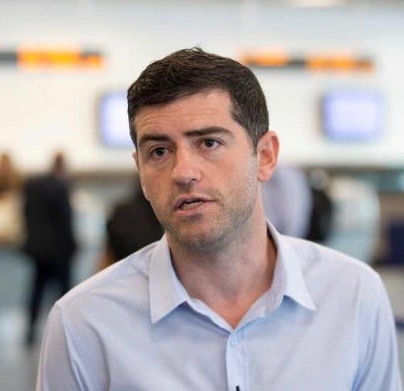
CET statement on new Cuba travel restrictions
Today, the Department of the Treasury’s Office of Foreign Assets Control (OFAC) announced amendments to further restrict Americans’ ability to freely travel to Cuba. The Trump Administration eliminated people to people travel, the category most commonly used by Americans to visit Cuba, and ended authorizations for all recreational and passenger vessels, including cruise ships, yachts and sail boats, as well as private aircraft travel.
“This political grandstanding aimed at Florida in the run up to the 2020 elections is so unfortunate for the millions of Cubans that will feel the crunch from less US visitors,” said Collin Laverty, President of Cuba Educational Travel. “It’s also terrible for US companies that are providing employment and paying taxes in the US and creating an economic footprint on the island.”
The changes do not affect 11 other categories of legal travel to Cuba, including Academic Programs, Professional Meetings and Support for the Cuban People, which will allow many US travelers to continue visiting the island. Moreover, any trips planned under the people to people category initiated prior to today will be “grandfathered in” and can go forward as previously planned. It’s not clear if people to people is eliminated altogether or moved from a general license to a specific license.
“There are still a number of ways to legally visit Cuba, commercial flights were left intact and any previously made reservations can go forward,” added Laverty. “We will study the new regulations and figure out how to continue to legally take thousands of Americans to Cuba going forward.”
For decades the US has placed restrictions on trade and travel with Cuba in an attempt to overthrow the Cuban government. The policy has failed miserably, causing widespread hardship for the Cuban people and leading to no political change on the island.
“Donald Trump the businessman sent his lawyers and salespeople to Cuba in search of hotels and resorts. As President, he’s fallen into the trap of backroom horse trading with Cuban American lawmakers and the political theatre of claiming to get tough with Castro during visits to Calle Ocho,” added Laverty. “This has nothing to do with empowering the Cuban people and has everything to do with empowering a handful of people in Florida that have never even been to Cuba.”
Cuba Educational Travel recently released a survey of the Cuban Private Sector that shows how dependent they are on US travel to the island and the negative impact new restrictions will have on their economic success.

